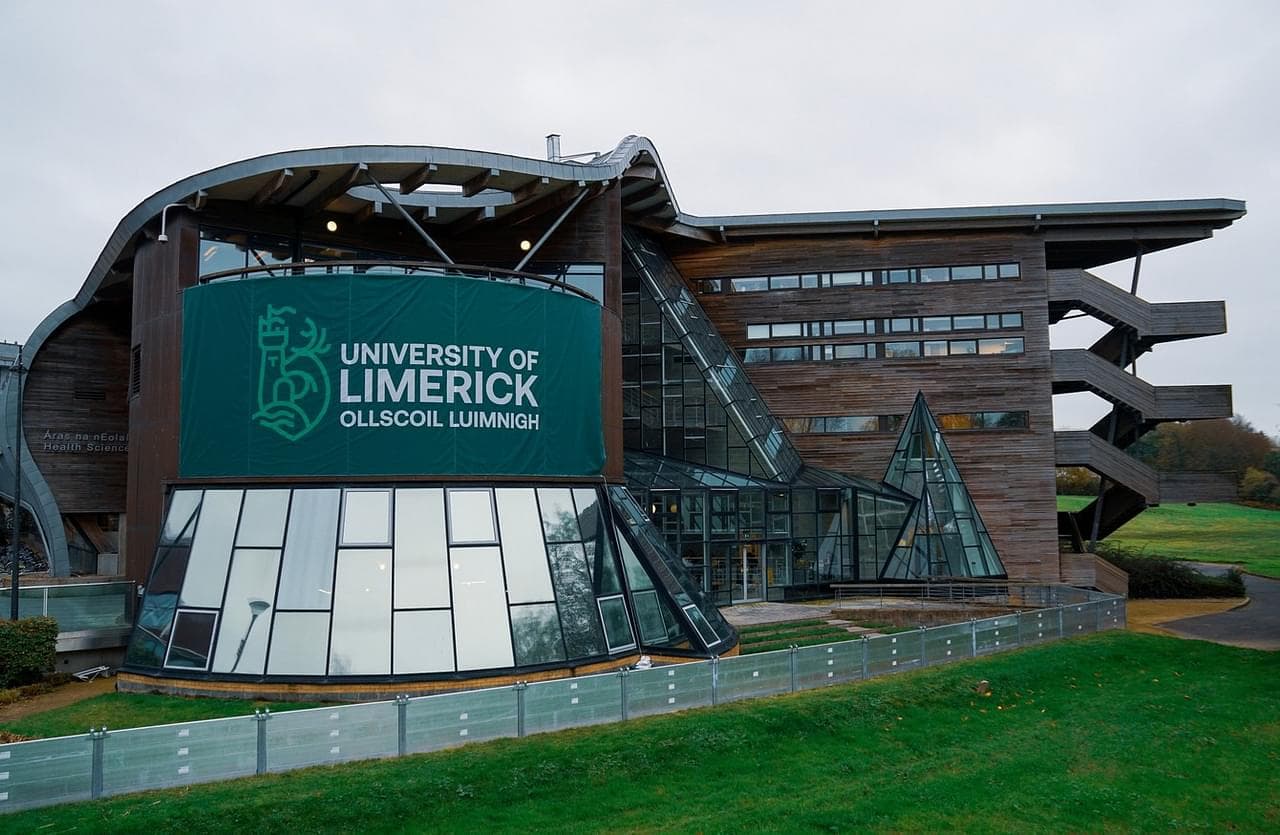Having studied a broad common first semester, students will undertake specific modules in the area of chemistry, biology, maths and physics. Subsequently, the Bioscience programme will provide you with a strong foundation in the understanding of biochemical systems and microbial technology. With tailored contributions from industry speakers, the degree specific modules will instruct students on host-microbe interactions, immunobiology, new therapeutic approaches, cell biology & cancer, and advance molecular biology – ‘omics’ & bioinformatics.
Core modules include:
- Microbiology and immunology – an introduction to the components of microorganisms and the host immune systems and how they interact
- Cell communication and regulation - covers basic cell structure, the principles of the cell cycle and cell division, the control of living processes by genetic mechanisms, and cell communication systems
- Cell and molecular biology of the immune system - examines the principles of self and non-self-recognition and how these mechanisms are involved in immunity and how aberrant self- regulation contributes to allergy and autoimmunity
- Current trends in biotechnology and regenerative medicine – presents concepts such as ‘cell-on-a-chip’ technologies, tissue regeneration, new medicines, and new molecular analysis techniques.
- Pharmacology and drug development – presents the biology behind drug target choice, drug screening techniques and the different classes of drugs, including protein based drugs.
- Cancer mechanisms, therapeutics and molecular medicine – examines cell cycle controls in relation to cancer biology, and use of modern molecular technologies in targeting cancer and other diseases.
- Advanced cell and molecular biology – examines cellular structures (organelles, cytoskeleton, molecular motors), key cellular processes (trafficking, motility, apoptosis), systems biology of organisms and extracting meaningful data from large data sets
- Host microbe interactions – presents the key strategies microbes use to establish both beneficial and non-beneficial interactions with the host and the impact of these on health.
- The course includes significant laboratory based training and an independent research project. In addition the student will be placed in industry for eight months, giving real-world experience and an introduction to the BioPharma/industrial community.
